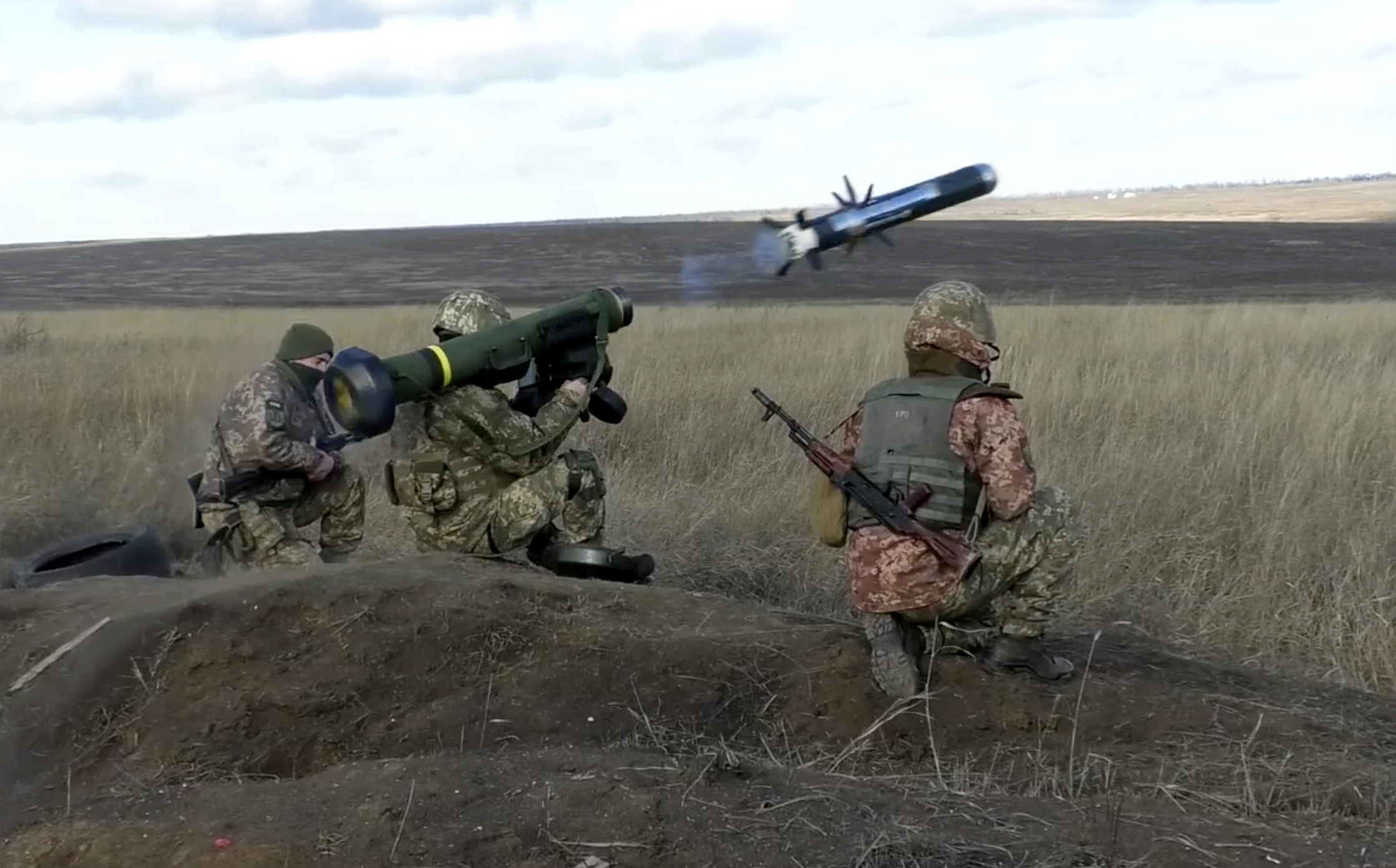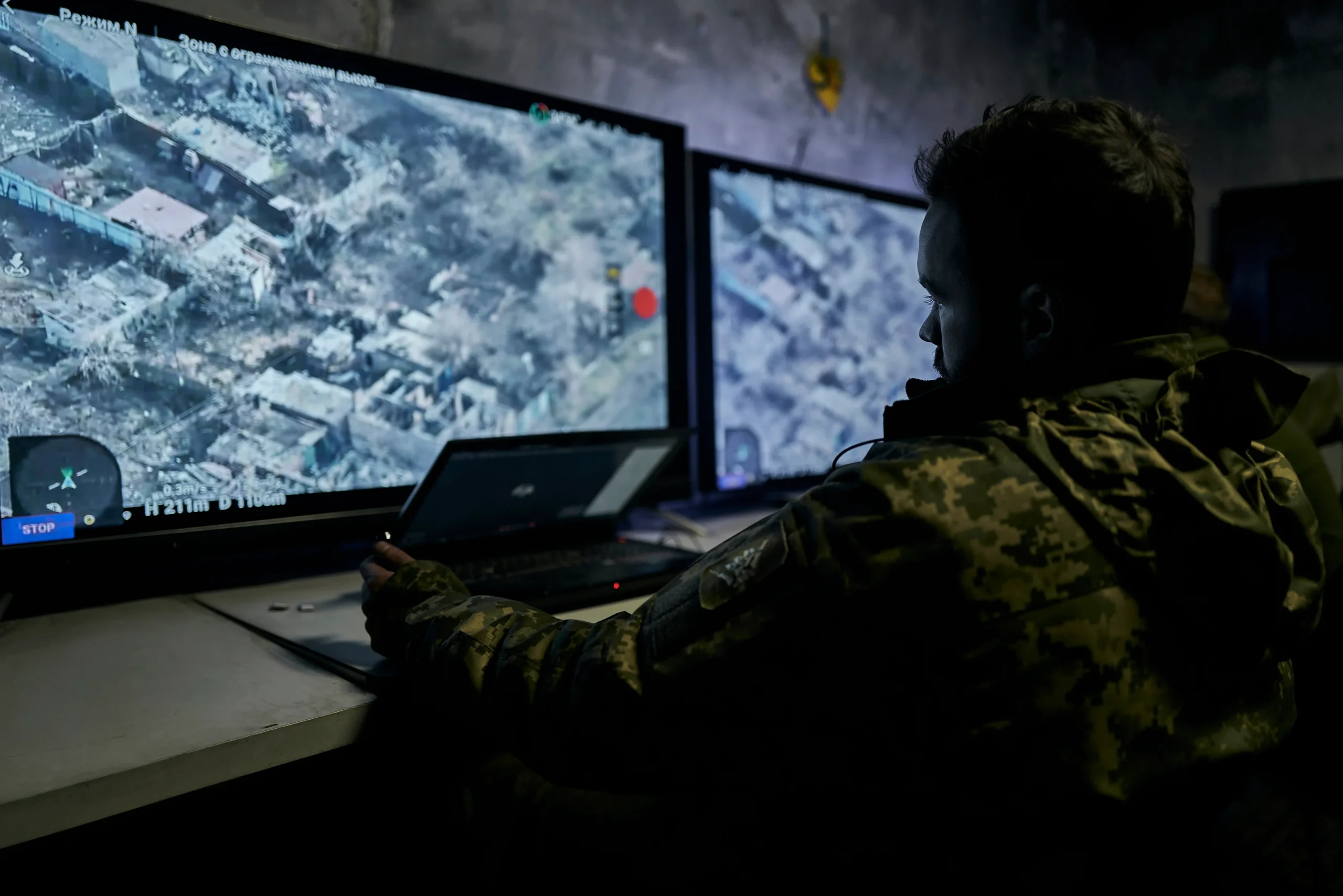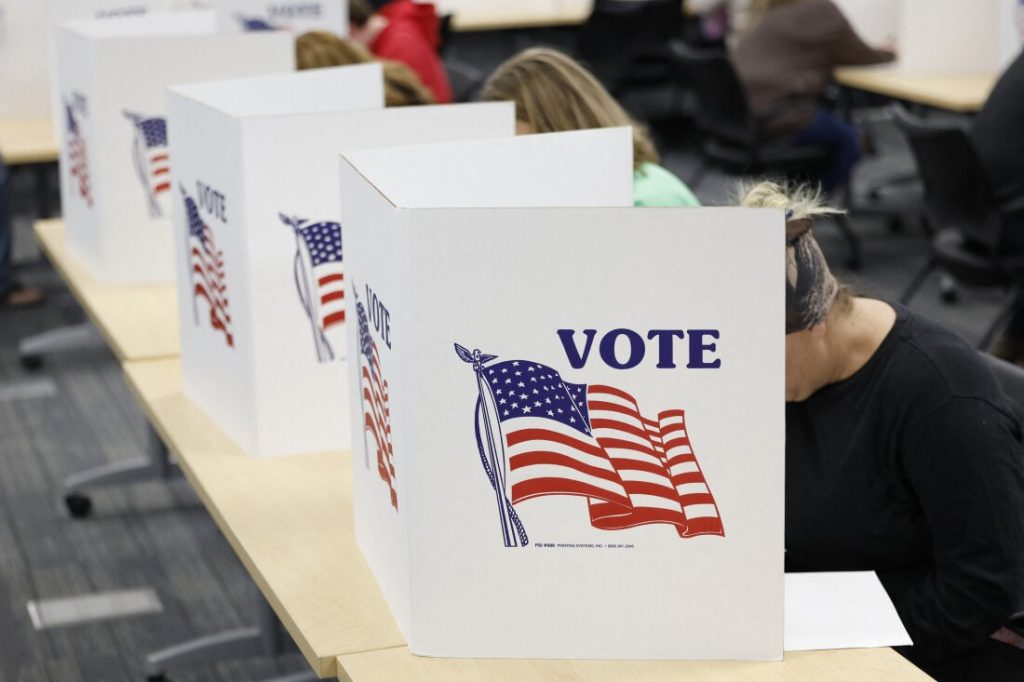The ongoing conflict in Ukraine news has captured global attention, not only because of the humanitarian crisis it has sparked but also due to its broader geopolitical implications. The conflict, which began in 2014, has seen various phases, with the most recent escalation in 2022 marking one of the most significant and devastating developments in Europe since World War II. This article provides an overview of the latest developments in Ukraine news, the international responses to the crisis, and the broader implications for global security.
The Background of the Ukraine News Crisis
The Ukraine news crisis has its roots in the complex history of the region, where tensions between Ukraine news and Russia have been simmering for decades. After the dissolution of the Soviet Union in 1991, Ukraine news gained independence, but its political and cultural ties with Russia remained strong. However, the 2014 annexation of Crimea by Russia marked a significant turning point in the relationship between the two countries.
The annexation was followed by a war in eastern Ukraine news, where Russian-backed separatists declared independence in the Donetsk and Luhansk regions. Despite numerous ceasefires and peace talks, the conflict has continued to smolder, with sporadic fighting causing significant casualties and displacement.
The 2022 Escalation
The situation in Ukraine news took a dramatic turn in February 2022 when Russia launched a full-scale invasion of Ukraine news. The invasion was justified by Russian President Vladimir Putin as a necessary action to protect Russian-speaking populations in eastern Ukraine news and to counter what he described as the “threat” posed by NATO’s expansion into Eastern Europe.
The invasion was met with widespread condemnation from the international community, with many countries labeling it as an unprovoked act of aggression. The conflict has led to significant loss of life, widespread destruction of infrastructure, and the displacement of millions of Ukrainians.
Humanitarian Impact
The humanitarian impact of the Ukraine news crisis has been devastating. According to the United Nations, millions of people have been forced to flee their homes, with many seeking refuge in neighboring countries such as Poland, Romania, and Hungary. The conflict has also disrupted access to essential services, including healthcare, education, and clean water.

In response to the crisis, numerous international organizations have mobilized to provide aid to those affected. The United Nations, the Red Cross, and various non-governmental organizations (NGOs) have been working tirelessly to deliver food, medical supplies, and other forms of assistance to those in need.
However, the scale of the crisis has overwhelmed many of these organizations, leading to calls for increased international support. The situation has been particularly dire in the eastern regions of Ukraine news, where ongoing fighting has made it difficult to deliver aid to those who need it most.
International Responses
The international community has responded to the Ukraine news crisis in various ways, ranging from diplomatic efforts to economic sanctions and military aid.
Diplomatic Efforts
Diplomatic efforts to resolve the crisis have been ongoing since the beginning of the conflict. The United Nations, the European Union, and other international bodies have repeatedly called for an immediate ceasefire and a return to negotiations. However, these calls have largely been ignored, with both sides accusing each other of violating ceasefires and undermining peace talks.
In recent months, there have been several high-level diplomatic meetings aimed at de-escalating the situation. These meetings, however, have yet to yield any significant breakthroughs, with both Russia and Ukraine news holding firm to their respective positions.
Economic Sanctions
In response to Russia’s actions, many countries have imposed economic sanctions on Moscow. These sanctions have targeted key sectors of the Russian economy, including energy, finance, and defense. The goal of these sanctions is to pressure Russia into withdrawing its forces from Ukraine news and to deter further aggression.
The sanctions have had a significant impact on the Russian economy, leading to a sharp decline in the value of the ruble, a rise in inflation, and a contraction in economic growth. However, despite these economic pressures, Russia has shown no signs of backing down, with President Putin insisting that the invasion is necessary to protect Russian interests.
Military Aid
In addition to economic sanctions, many countries have also provided military aid to Ukraine news. The United States, the United Kingdom, and several other NATO members have supplied Ukraine news with weapons, ammunition, and other military equipment. This aid has played a crucial role in helping Ukrainian forces resist the Russian advance.
The provision of military aid has been a contentious issue, with some countries arguing that it risks escalating the conflict further. However, proponents of military aid argue that it is necessary to help Ukraine news defend its sovereignty and to deter further Russian aggression.
The Broader Geopolitical Implications
The Ukraine news crisis has far-reaching implications for global security and geopolitics. The conflict has strained relations between Russia and the West, leading to a new Cold War-like atmosphere in international relations. The situation has also raised concerns about the future of NATO and the security of other Eastern European countries.
NATO and European Security
The conflict in Ukraine news has prompted several Eastern European countries to reassess their security arrangements. Countries like Poland and the Baltic states, which share borders with Russia, have expressed concerns about the possibility of Russian aggression spreading beyond Ukraine news.
In response, NATO has increased its presence in Eastern Europe, deploying additional troops and conducting military exercises in the region. The alliance has also welcomed applications from Finland and Sweden, two countries that have historically maintained a neutral stance but are now seeking to join NATO in response to the perceived threat from Russia.
Energy Security
The Ukraine news crisis has also highlighted the issue of energy security in Europe. Russia is a major supplier of natural gas to Europe, and the conflict has raised concerns about the reliability of these energy supplies. Several European countries have been exploring alternative sources of energy, including liquefied natural gas (LNG) from the United States and renewable energy sources.
The situation has also accelerated efforts to reduce Europe’s dependence on Russian energy, with the European Union unveiling plans to diversify its energy sources and increase investment in renewable energy.
Global Implications
Beyond Europe, the Ukraine news crisis has implications for global geopolitics. The conflict has strained relations between the West and countries like China, which has maintained a neutral stance on the issue but has expressed support for Russia’s security concerns.
The situation has also raised questions about the future of the global order, with some analysts arguing that the conflict marks the beginning of a new era of great power competition. The outcome of the Ukraine news crisis could have a significant impact on the balance of power in international relations and the future of global governance.
Conclusion
The Ukraine news crisis is one of the most significant and complex conflicts of the 21st century. The situation remains fluid, with new developments occurring on a daily basis. The international community faces the daunting task of finding a solution to the crisis that addresses the legitimate concerns of all parties while ensuring the sovereignty and territorial integrity of Ukraine news.
As the conflict continues to unfold, it is essential for the international community to remain engaged in efforts to resolve the crisis and to provide support to those affected by the conflict. The situation in Ukraine news is a stark reminder of the importance of diplomacy, international cooperation, and the need for a rules-based international order that can prevent and resolve conflicts peacefully.




